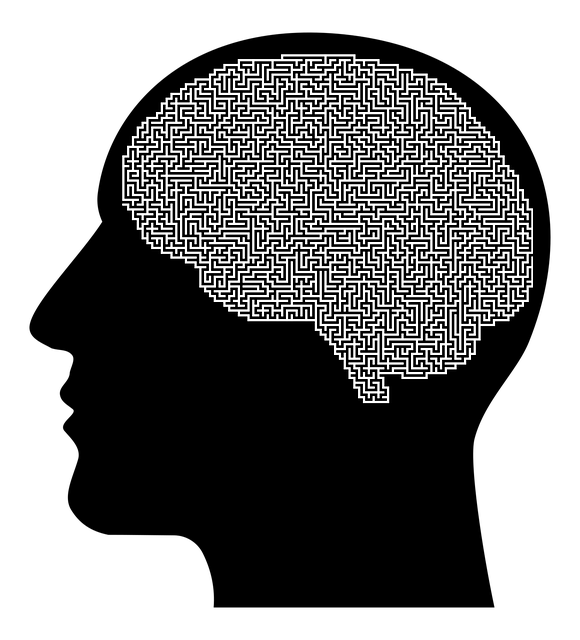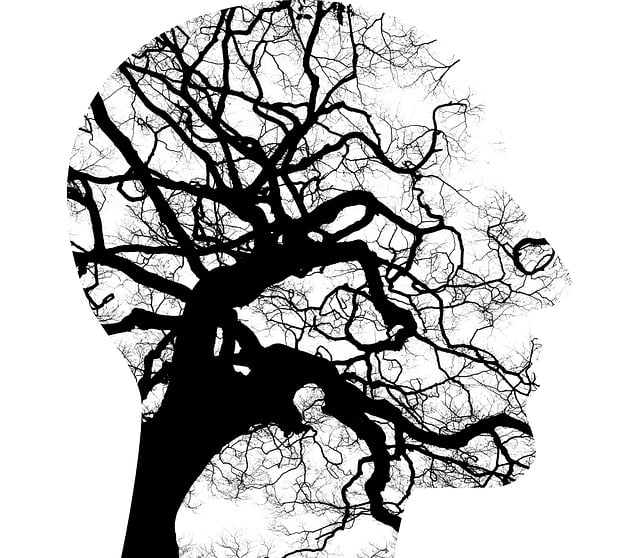Arvada Major Life Transitions Therapy emphasizes cultural competency as a cornerstone of high-quality care, addressing diverse patient needs and cultural barriers. By understanding unique health perspectives shaped by heritage and traditions, therapists create personalized treatment plans. Active listening and tailored communication techniques build rapport, encouraging open dialogue about mental wellness. This approach fosters safe environments, enhances therapy connections, improves outcomes, and prevents healthcare professional burnout. Arvada Major Life Transitions Therapy prioritizes cultural competency training to ensure an inclusive, accessible healthcare system for all residents during major life transitions.
Cultural competency training is an essential component of modern healthcare, especially for specialized services like Arvada Major Life Transitions Therapy. This article explores the critical role of cultural awareness in delivering effective therapy. We delve into identifying and overcoming cultural barriers that can hinder patient care, offering strategies to enhance communication with diverse patients. By fostering empathy and respectful relationships, healthcare providers can significantly impact positive outcomes for all clients, particularly those navigating life transitions in Arvada.
- Understanding Cultural Competency in Healthcare: Why It Matters for Arvada Major Life Transitions Therapy
- Identifying Cultural Barriers and Biases: A Critical Step for Healthcare Providers
- Developing Effective Communication Strategies for Diverse Patients
- Fostering Empathy and Respectful Relationships: Enhancing Patient Outcomes in Arvada Major Life Transitions Therapy
Understanding Cultural Competency in Healthcare: Why It Matters for Arvada Major Life Transitions Therapy

Cultural competency is a vital aspect of modern healthcare, especially for specialized services like Arvada Major Life Transitions Therapy. Understanding and embracing cultural differences can significantly enhance the therapeutic process for clients from diverse backgrounds. In the context of therapy, recognizing and appreciating cultural nuances enables therapists to create more inclusive and effective treatment plans. This approach ensures that every client receives care tailored to their unique needs and experiences.
For Arvada Major Life Transitions Therapy, cultural competency is crucial as it often deals with sensitive topics such as emotional healing processes and mental wellness. Clients may have varying beliefs, values, and communication styles, which can impact how they perceive and engage in therapy. By incorporating conflict resolution techniques that account for these differences, therapists can foster a safe and supportive environment, encouraging open dialogue and meaningful progress towards personal goals.
Identifying Cultural Barriers and Biases: A Critical Step for Healthcare Providers

Identifying cultural barriers and biases is a critical step for healthcare providers to ensure effective and equitable care. In diverse communities like Arvada, where individuals navigate various major life transitions, understanding cultural nuances is essential. Patients from different backgrounds may have unique perspectives on health, illness, and healing, influenced by their heritage, traditions, and personal experiences. For instance, a patient’s approach to seeking therapy for mental health issues could vary significantly based on cultural beliefs about emotional expression or the stigma associated with mental illness in certain communities.
Healthcare providers who acknowledge and recognize these barriers can design more inclusive Mental Health Education Programs that incorporate Social Skills Training and promote Positive Thinking. By doing so, they foster an environment where patients feel understood and respected, encouraging open communication and improved health outcomes. This proactive approach to cultural competency is a game-changer in ensuring everyone receives the best possible care during challenging life transitions.
Developing Effective Communication Strategies for Diverse Patients

Effective communication is a cornerstone of quality healthcare, especially when dealing with diverse patient populations. Healthcare providers must adapt their strategies to ensure every patient receives personalized care and feels heard. This involves learning to navigate cultural differences, language barriers, and individual communication styles. For instance, during major life transitions like those experienced in Arvada Major Life Transitions Therapy, a therapist might employ active listening techniques to build rapport with patients from various backgrounds, fostering an environment where they feel comfortable sharing their unique perspectives and concerns.
By developing these skills, providers can enhance patient satisfaction and outcomes. Encouraging open dialogue allows for a better understanding of individual needs, which is crucial for successful therapy. This process not only boosts the therapist’s confidence but also empowers patients to adopt positive thinking strategies, enabling them to actively participate in their healing journey. Moreover, effective communication can prevent burnout among healthcare professionals by creating more meaningful connections and promoting a more fulfilling work environment.
Fostering Empathy and Respectful Relationships: Enhancing Patient Outcomes in Arvada Major Life Transitions Therapy

In Arvada Major Life Transitions Therapy, fostering empathy and respectful relationships is not just a moral imperative; it’s a cornerstone of enhancing patient outcomes. Training healthcare providers in cultural competency equips them to navigate diverse patient backgrounds, beliefs, and communication styles effectively. By understanding and respecting individual cultural contexts, therapists can create a safe space for patients to express their unique experiences, fears, and aspirations related to mental wellness. This, in turn, facilitates deeper connections and more nuanced therapy, leading to improved treatment adherence and favorable outcomes.
The integration of Cultural Competency Training into Mental Wellness Coaching Programs and Public Awareness Campaigns further strengthens these relationships. Developing effective communication strategies becomes easier when healthcare providers are equipped with the knowledge to recognize and appreciate cultural differences. This not only benefits individual patients but also contributes to a more inclusive and accessible healthcare system, ensuring that everyone in Arvada receives the compassionate, respectful, and culturally sensitive care they deserve during major life transitions.
Cultural competency training is a game-changer for healthcare providers, especially those involved in Arvada Major Life Transitions Therapy. By understanding and identifying cultural barriers, bias, and nuances, therapists can develop effective communication strategies that foster empathy and respectful relationships. This not only enhances patient outcomes but also creates a more inclusive and caring therapeutic environment tailored to the diverse needs of all clients.














